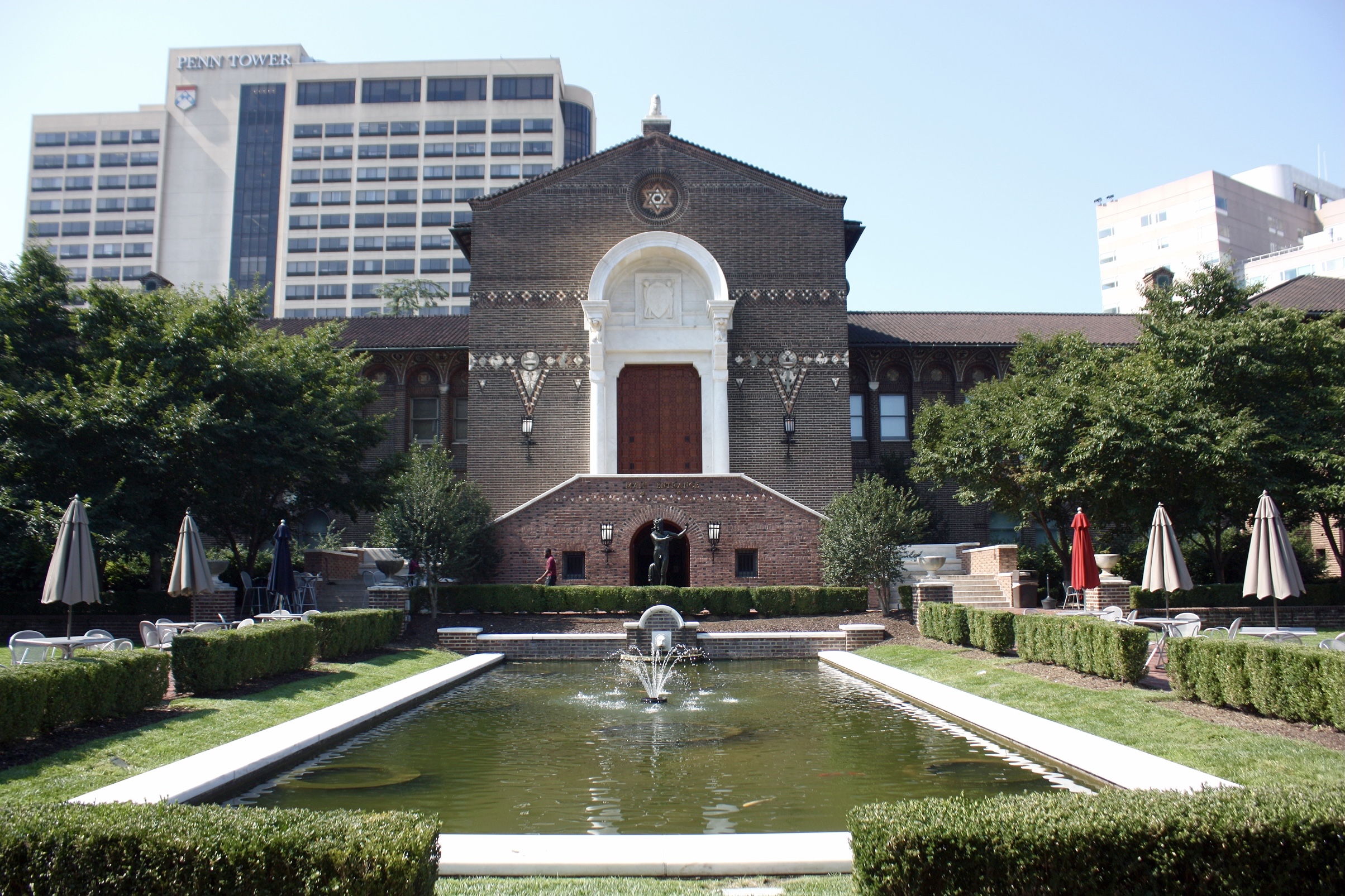February 10, 2024
The decision by the University of Pennsylvania and its Penn Museum, to bury the remains at Eden Cemetery, a historically Black cemetery, has caused friction.
The decision by the University of Pennsylvania and its Penn Museum, located in Philadelphia, to bury the remains at Eden Cemetery, a historically Black cemetery, has caused friction. At the heart of the conflict is the perceived lack of involvement of community members in determining the fate of the bones held by the university. Community activist Abdul-Aliy A. Muhammad, a native of West Philadelphia, expressed frustration with the museum, stating to ABC6.
“That’s not repatriation. We’re saying that Christopher Woods does not get to decide to do that,” Muhammad explained. “The same institution that has been holding and exerting control for years over these captive ancestors is not the same institution that can give them ceremony.”
The issue of repatriating the remains of historically oppressed people currently held by museums has sparked significant debate and discussion.
Within the museum world, two groups have been particularly affected by this issue. Firstly, Indigenous peoples of North America theoretically have more protection on paper, but in practice, they have faced delays as museums have been slow to take action. Secondly, Black Americans also find themselves impacted by the decisions of museums, leading to conflicts between community members and museum administrations, as highlighted in a report by ABC6.
Others, like former community advisory group member Renee McBride say that they are relieved the museum is at least trying to make amends. “In my home growing up, when you made a mistake, you fixed it – you accepted responsibility for what you did,” McBride also added that she was “relieved that finally the people who created the problem are finding a solution.”
The 19 Black Philadelphians reinterred at the cemetery were part of the museum’s Morton Cranial Collection, named for doctor and professor Samuel George Morton, who, beginning in the 1830s, collected 900 skulls before his death. The university would add hundreds to that collection after he died. Morton’s intended purpose for the collection of skulls was to prove that white people were superior to all humans. This racist pseudoscience was used to justify slavery throughout the Antebellum South.
Lyra Montiero, an anthropological archeologist and professor at Rutgers, explained that Morton’s impact can still be felt in the medical field to this day. “Medical racism can really exist on the back of that,” Monteiro said. “His ideas became part of how medical students were trained.”
Monterio also disputes that the university should be the ones doing the repatriation, saying, “They never did any research themselves on who these people were, they took Morton’s word for it. The people who aren’t even willing to do the research should not be doing this.”
Christopher Woods, the Penn Museum’s director, says that he hopes going forward that the individuals interred in the cemetery who remain unidentified will be identified and retrieved, but for now, the bones need to be laid to rest. Woods also believes that the majority of the community is satisfied by the museum’s actions and that the complaints of Muhammad and others represent a small, but vocal minority. “Repatriation should be part of what the museum does, and we should embrace it…We encourage research to be done moving forward. Let’s not let these individuals sit in the museum storeroom and extend those 200 years anymore.”
The Museum explained its reasoning for placing the bones in the cemetery via a statement released to the Associated Press, “To balance prioritizing the human dignity of the individuals with conservation due diligence and the logistical requirements of Historic Eden Cemetery, laying to rest the 19 Black Philadelphians was scheduled ahead of the interfaith ceremony and blessing.”
RELATED CONTENT: More Than 100 ‘Forgotten’ Gravesites Found At Former Black Cemetery at Air Force Base
Enter your Email Address below to get our fun-filled Newsletter!
© 2024 Black Enterprise. All Rights Reserved.

